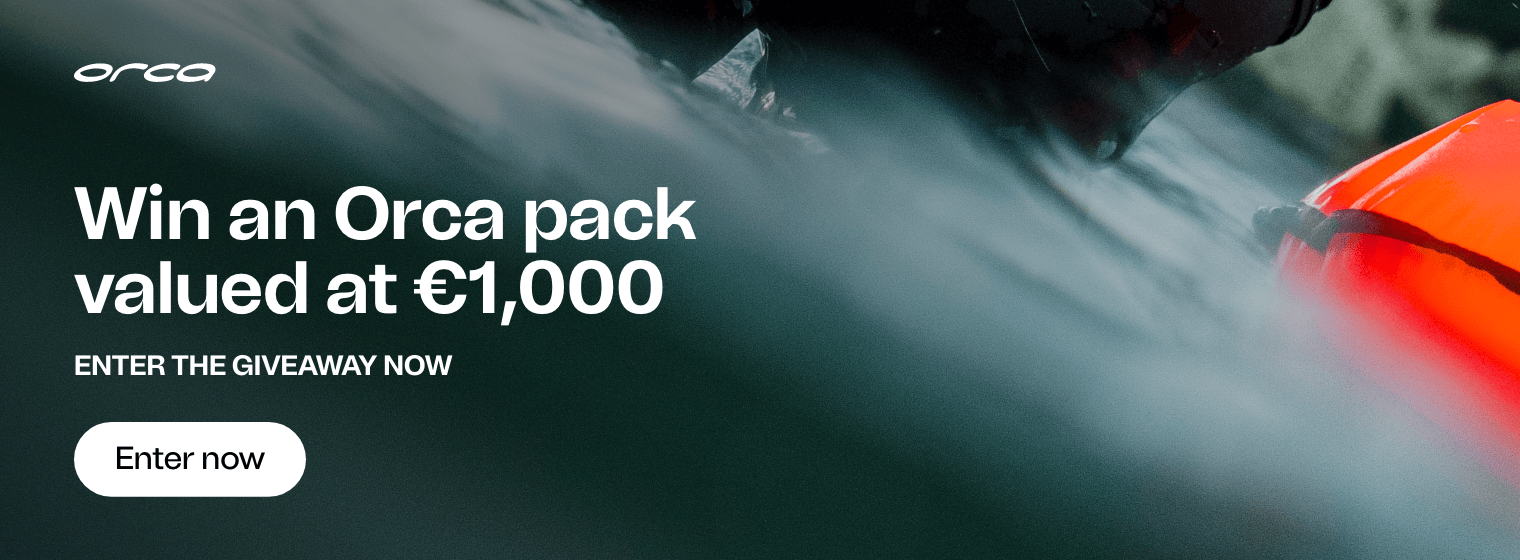Swimming in cold water, benefits for body and mind
March 31, 2022 | 1 reading min.
Swimming in waters below 15º C, without lane dividers, without chlorine, in full contact with nature, and feeling that cold rush throughout your body, allows you to experience open water swimming in a completely different way.
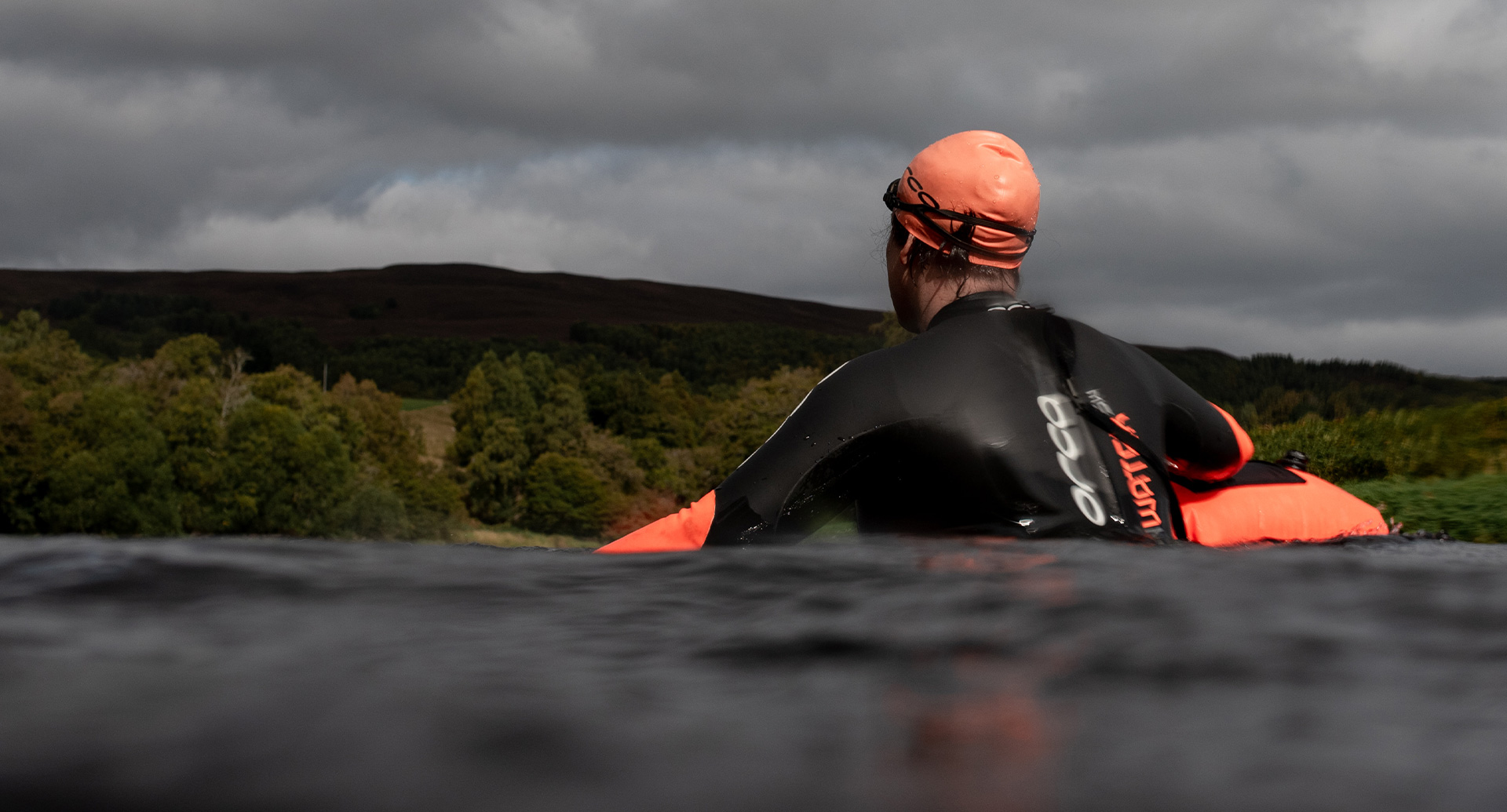
Our Ambassador Laura Owen explains the many benefits of swimming in cold water and encourages us to delve into this world with an exposure plan that helps us get used to low temperatures little by little.
LAURA OWEN - Founder of We Swim Wild
Swimming in waters below 15º C, without lane dividers, without chlorine, in full contact with nature, and feeling that cold rush throughout your body, allows you to experience open water swimming in a completely different way.
Although in theory swimming in cold waters may seem like an activity reserved only for a few adventurous athletes, this discipline is actually within everyone's reach. With a little physical and mental preparation, swimming in low temperatures can bring you numerous benefits, such as re-energizing your body.

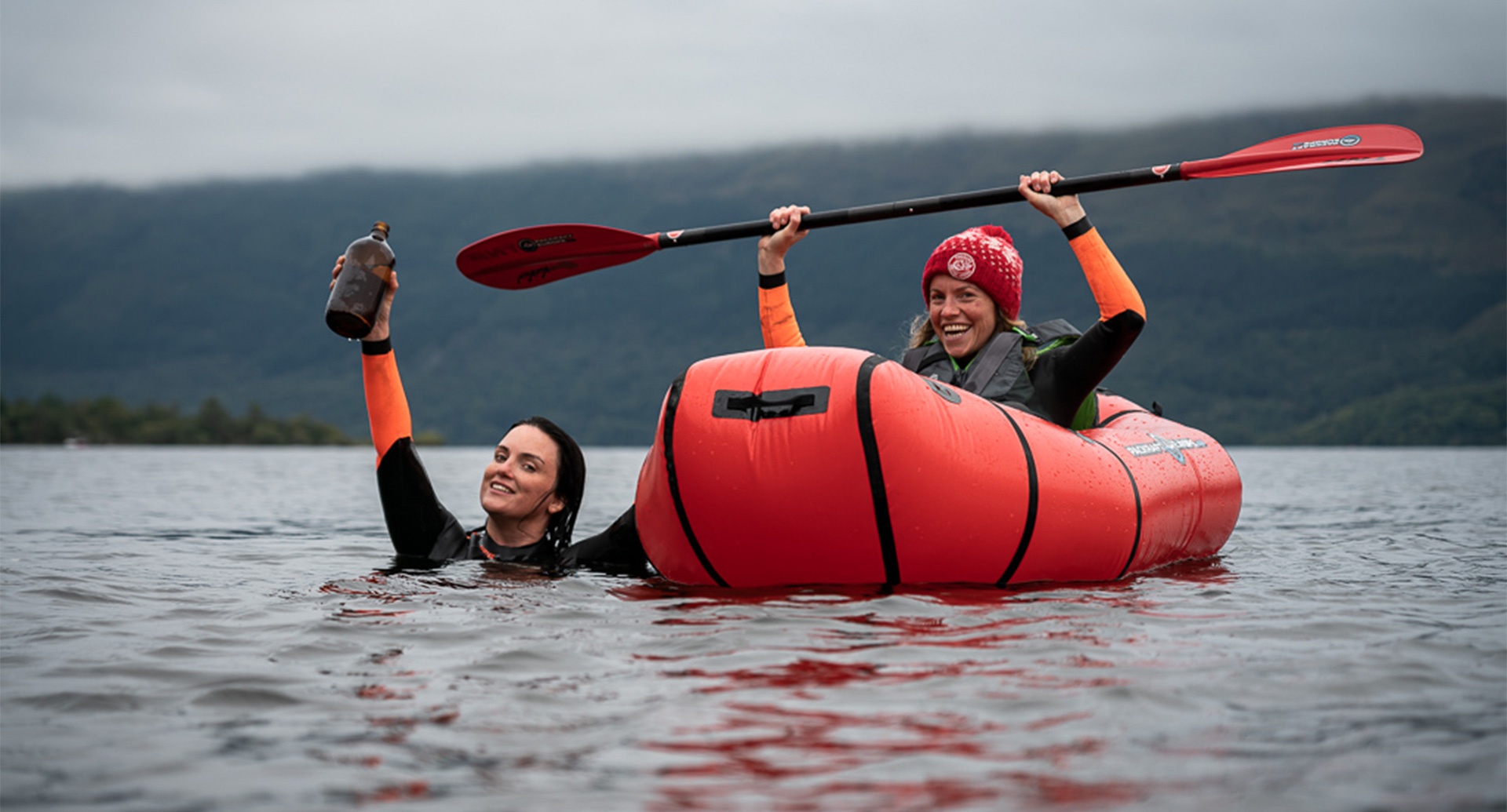
BENEFITS OF COLD WATER SWIMMING
1. It jump-starts your metabolism. Brown fat, or brown adipose tissue, is activated with cold water and helps to maintain body temperature. It also burns calories.
2. It provides pain relief. Cold water narrows the arteries, reducing potential inflammation and soothing sore muscles.
3. It boosts the immune system. Regular exposure to cold water increases your levels of the antioxidant glutathione, regulating the antioxidant process.
4. It increases libido. Studies on the benefits of cold water have shown that it increases testosterone production, improving libido and sexual desire in men.
5. It helps you stay in shape. Exposing yourself to the elements and to difficult conditions means that you are working hard which is good exercise on a physical level.
6. It improves your lymphatic circulation. Cold water forces the lymphatic vessels to contract, pumping lymphatic fluids throughout the body.
7. Mental clarity. Getting your system up and running gives you clarity and improves concentration.
8. It reduces stress. Entering cold water causes an explosion of endorphins, as the body uses them to compensate as its own "pain reliever."
9. It helps you rest. Cold water stimulates the parasympathetic nervous system, resulting in a sense of well-being and satisfaction.
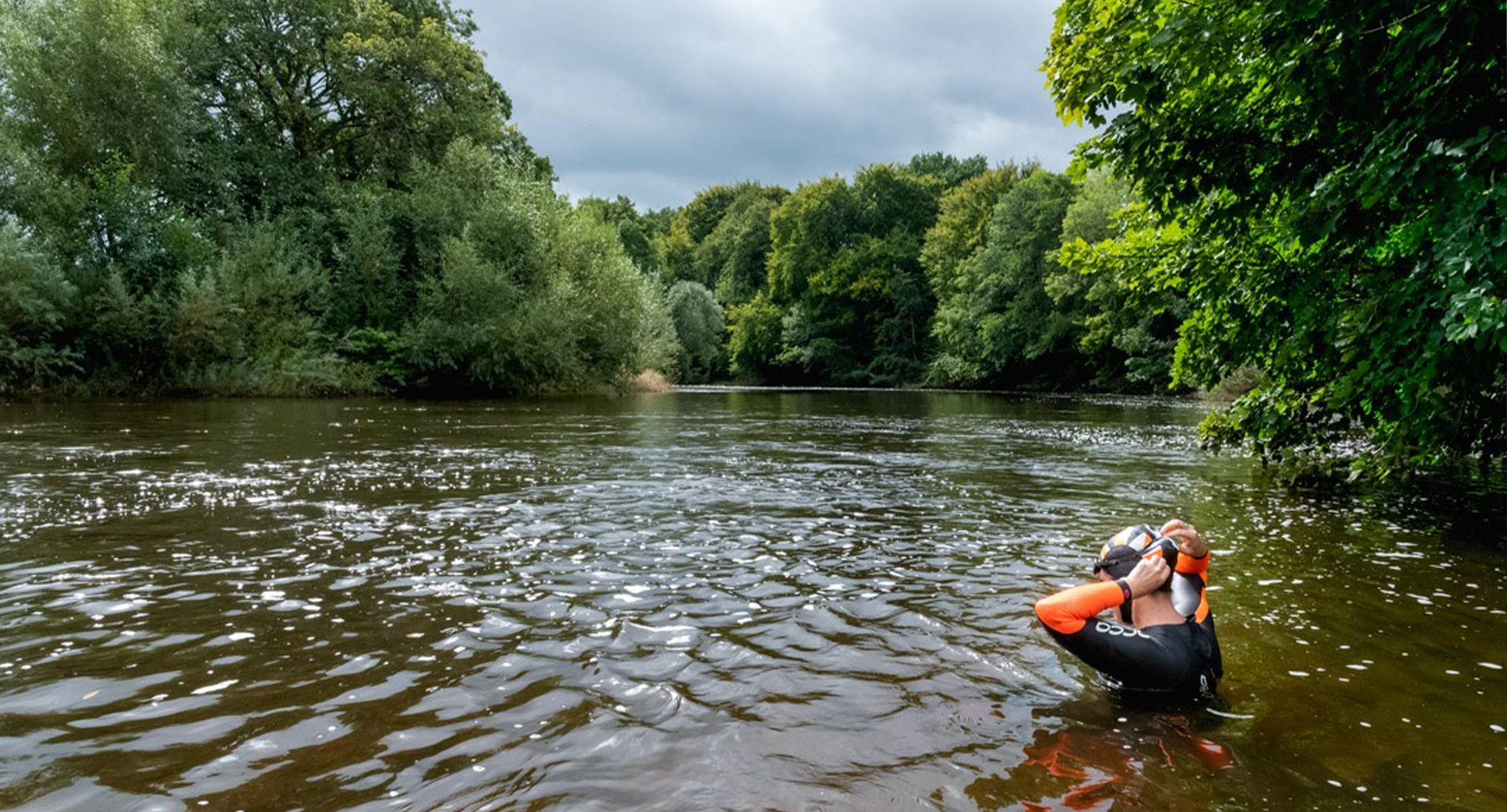

COLD WATER EXPOSURE PLAN
Gradual and regular exposure to cold water will allow your body to acclimate over time. This means you'll be able to stay in the water for longer. If you've spent the winter on land, out of the water, you can follow this acclimation guide over the next two weeks to get used to the low temperatures little by little.
Control your breathing: Try box breathing. Breathe in for 4 seconds and then breathe out for 4 seconds.
Day 1-3: Take a cold shower for 30 seconds.
Day 4-5: Take a cold shower for 45 seconds.
Day 6: Put your head underwater in a cold bath and sit in the bath for 1 minute.
Day 7-8: Take a shower for 1 minute and 30 seconds.
Day 9: Sit in a cold bath for 2 minutes, making sure to put your head underwater.
Day 10-11: Take a cold shower for 2 minutes and 30 seconds, making sure to put your head under the water.
Day 12-14: Alternate between cold baths and cold 3-minute showers.
Remember that it is extremely important to practice controlling your breathing before and during immersion to avoid moving too fast.
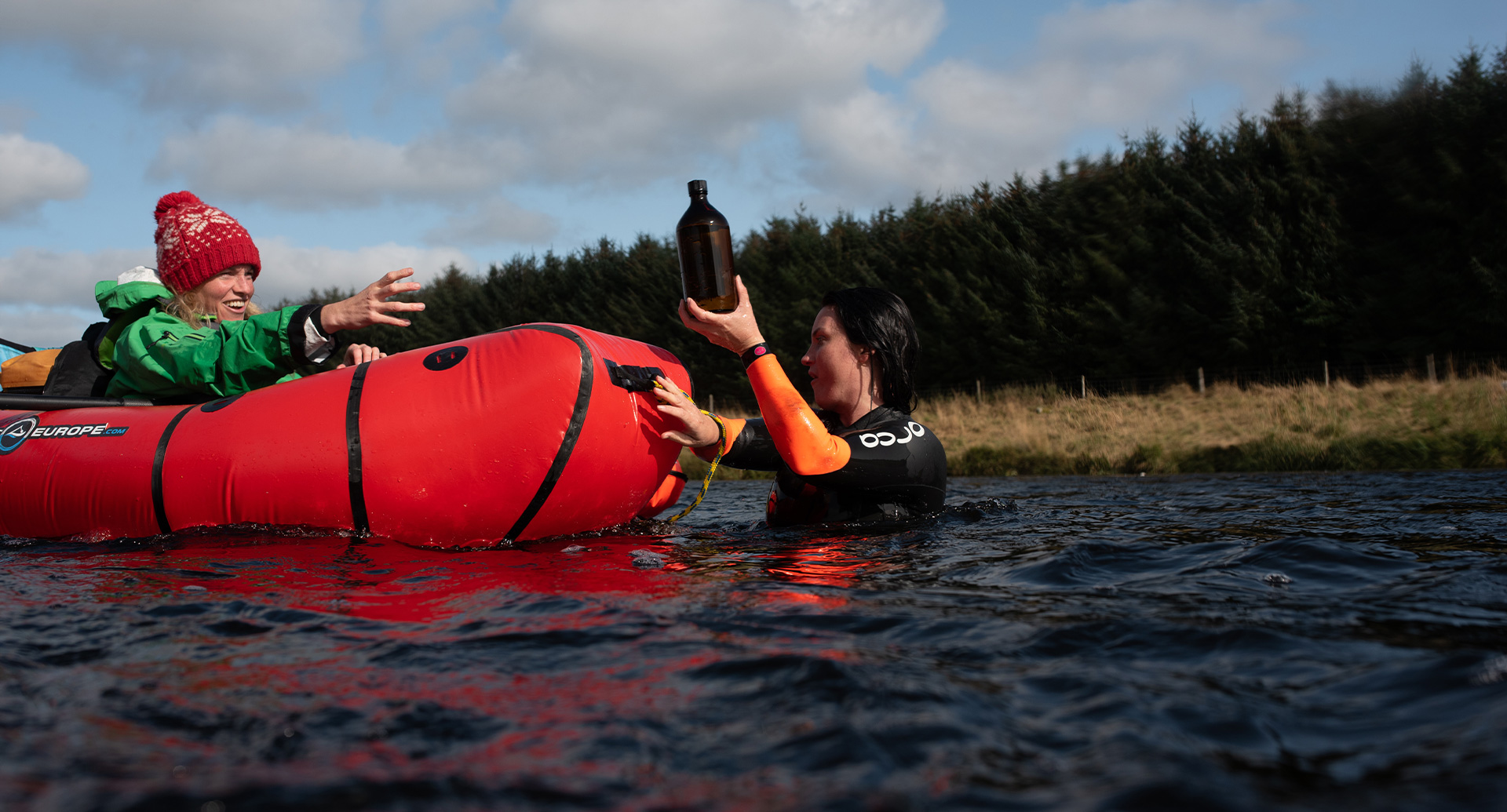

IT IS CRUCIAL TO WARM UP IMMEDIATELY AFTER SWIMMING IN COLD WATER
Of all the measures that you have to consider when swimming in cold waters, do not neglect post-exercise. Experts point out that once you get out of the water, your body continues to cool for about 20-30 minutes. This means that your body temperature will be lower 20-30 minutes after swimming than it was when you finished your open water swimming session.
Warming up immediately after swimming is vital. You should dry off, remove wet clothing as soon as possible, and quickly dress in warm clothing, including gloves and thick socks. And before you get back to your regular routine, have a hot drink, take a deep breath, and check in with how you're feeling. You're sure to notice benefits in your entire body.

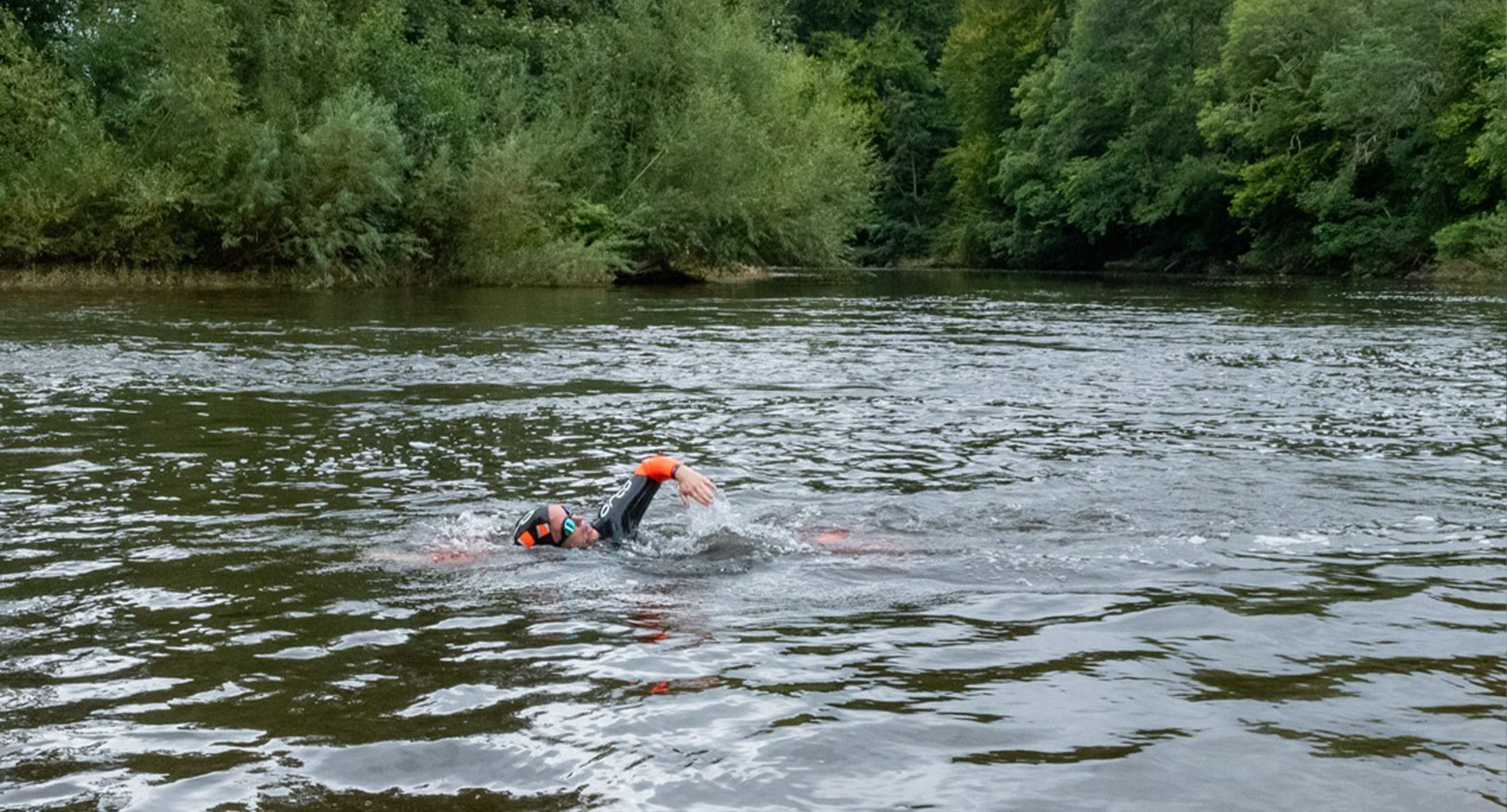
ABOUT LAURA OWEN
When her doctor advised her to take cold showers due to a health problem, Laura Owen decided that she would rather go swimming. This is how she began learning of the benefits of swimming in cold water and soon, she was hooked. Passionate about adventure and the environment, Laura wanted to share everything she had gained from swimming in cold waters and decided to create We Swim Wild, an organization that promotes swimming in low temperature waters and environmental awareness. Part of her activism is focused on water quality in the UK, which is why she describes herself as a “waterlogger.” Founder of We Swim Wild, the Welsh ambassador also continues to be a strong environmental advocate, speaker and artist.
ABOUT WE SWIM WILD
We Swim Wild carries out expeditions in the water based on previous research, with the goal of achieving governmental change and increasing public awareness of environmental issues. Its activism focuses on activities that give visibility to pollution in the UK's rivers and seas. In order to bring this issue to the forefront, Laura has taken on a challenge this year: swimming 1,000 kilometers around all of the UK's national parks to test the water in all of them for micro plastic pollution.
